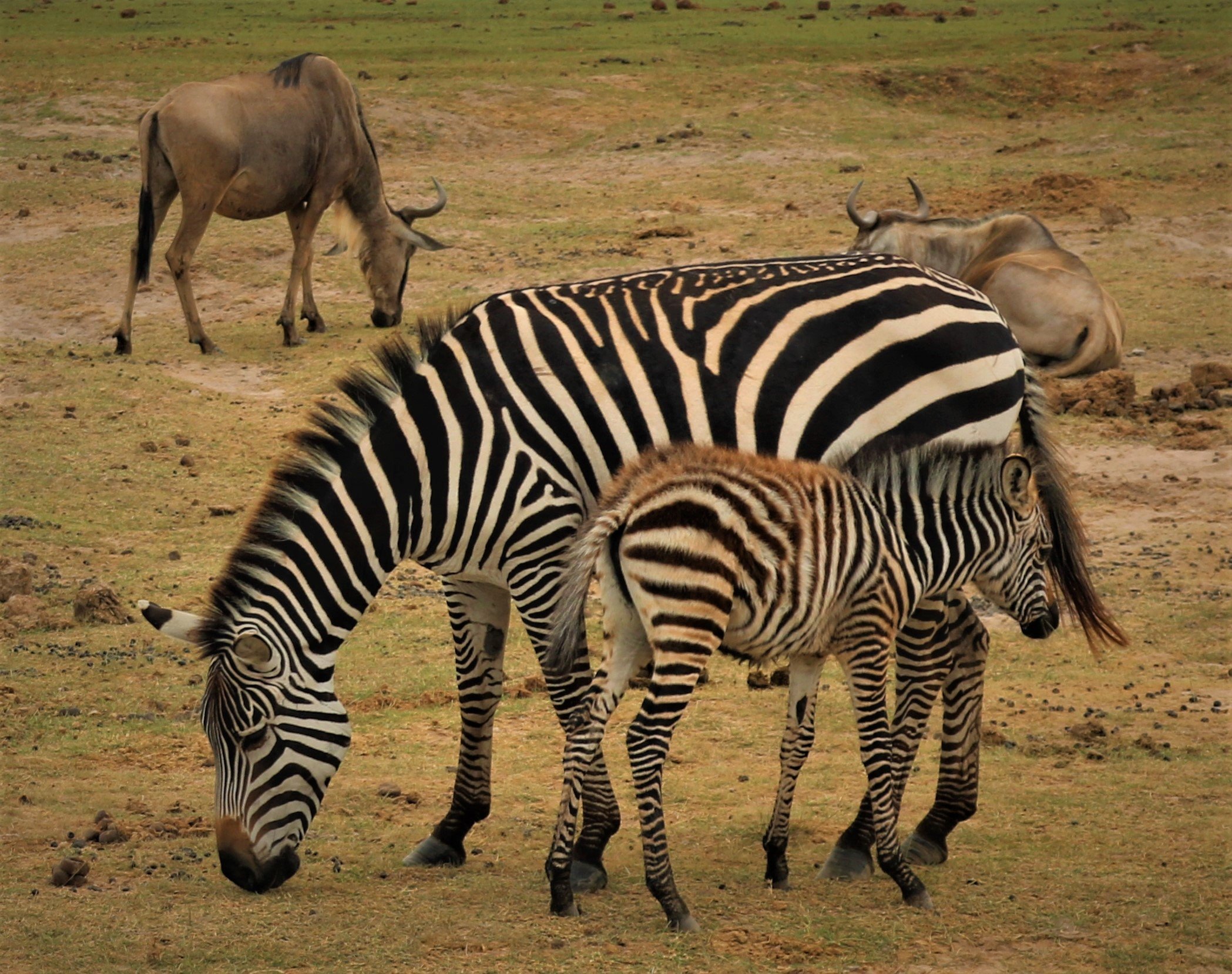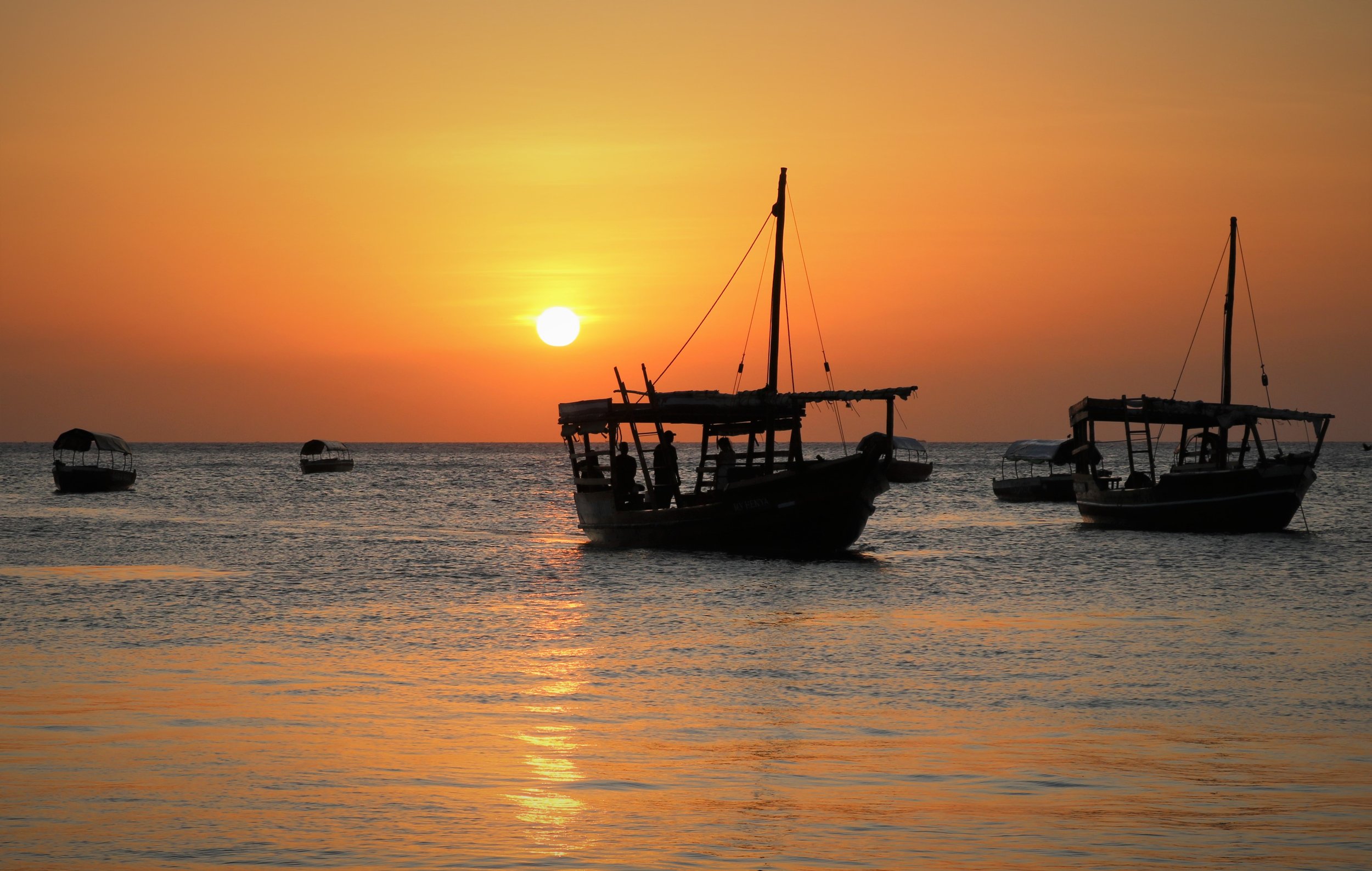The year of 2024 delivered further changes in our plans and priorities for our work in Africa. Several new ventures have commenced and some significant changes are underway. The increasing plight of the NHS has led to my NHS employers asking me to further increase the amount of time I spend engaged in clinical work here in the UK,which presently occupies me fulltime, working across four Hospital sites on Teesside and North Yorks. This impacts on my academic work in the UK and overseas but its a necessary sacrifice, given the difficulty that folk are having with access to adequate clinical care within the NHS locally. I feel very committed to supporting it and to teaching as this year marks my 50th year of training and working for the NHS.
We’ve been very successful academically lately with 40 peer-reviewed publications since 2022, and three main projects ongoing. Allowing these to take a back seat for a year is reasonable. Our work on interstitial lung disease has progressed well, and I’m working with national and international organisations on therapeutic guidelines. We’ve published ten papers on pain and dysautonomia in autism /ADHD, and I’ve contributed to projects and podcasts in this topical area. The African academic work has produced several publications too, and NIHR funding of UoG’s bid will allow us to extend the next medical project to Malawi and Ghana from later this year (2025). I’ve been asked to lead the training again, so need to consider my future NHS commitments.
From the perspective of our humanitarian work, I visited both our Refugees and our Street Children last September. There are important new developments to report with each project. The south sudanese refugees in Kenya have the opportunity to return to share their knowledge by teaching at our newly opened school in Wau, South Sudan. We’ve funded the first full year of teaching, and now attract enough pupils to make it self-financing. Our formal opening on September 14th of the ‘Kelly Academy of Hope’ was the exact date of my father’s 100th birthday. Naming the school in his honour will have made him so proud! We also supported Hope House in Kenya throughout 2024 and several of our original 38 refugees have excelled academically with scholarships recently awarded to John Maceui (Accountancy in South Africa) and Kur Luke (Law in the USA). It is truly amazing how these young people have managed to achieve such independence only a decade after fleeing armed conflict.
I also spent time in Uganda in September with Leah and our street children. Leah has made progress in establishing firm links with Ugandan Social Services. This has led to discussions around establishing a sustainable program to support the increasing numbers of destitute children on the streets in south east Uganda. Although we have expanded to house 16 young people (along with our menagerie of goats, chickens and cats), ensuring long term viability and the associated benefits for the wider community of orphaned children remains an absolute essential priority. Kelah House has continued to expand in both acreage, and in personnel. We managed to fund an expansion in the number of people we support and the land on which we can grow our own fruit and vegetables. We have also ‘graduated’ 20 young people since 2017, many of whom have gone on to become mechanics or plumbers, or are still at school.
Our medical trip to Zanzibar last June was very successful and we visited all three main Hospitals on the island of Unguja. We combined morning clinics and ward work with teaching and training junior doctors, nurses and students. I even took Mona, one of our St George’s medical students, along too. Sanjura came over from KCMC to join us too, and we had dinner with Gloria from Moshi. We’ve worked hard to maintain our links with KCMC. As always we were well looked after by Sanaa and her colleagues. However, this years trip to develop clinical services in Pemba / Zanzibar has been delayed because of her other commitments so will be rescheduled as part of the expanded Tanzanian program we will resume soon. My apologies for the lack of elective opportunities this year for new medical students, although its been great to see so many of my former students thriving, and indeed to be working alongside two of them at James Cook University Hospital presently.
On my most recent trip to South Sudan, I was asked to conduct medical clinics in two separate prisons. It was an jaw-dropping experience. Prisoners were chained together at all times. Cattle theft was their commonest crime. They had no privacy, and very little food. At night they slept on a concrete floor on a shared blanket. No wonder they had multiple chronic infectious diseases along with malnutrition and despair. My heart went out to these poor men.

